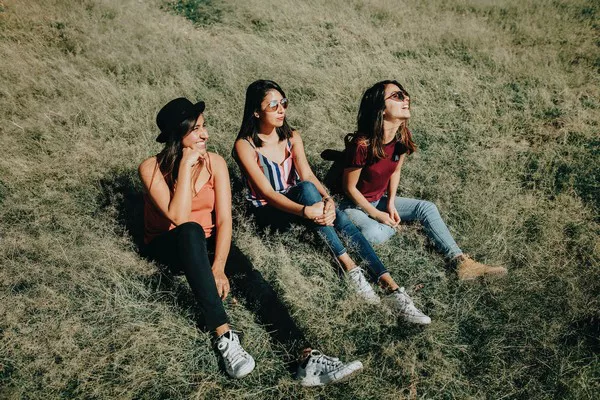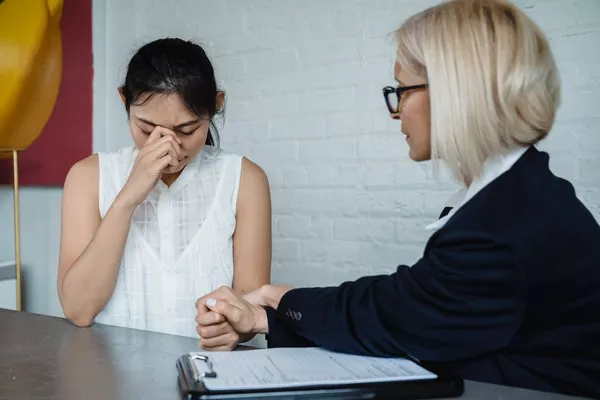ROCHESTER, N.Y. — Flora Jones, 45, is finally beginning to find what she calls balance in her life. “I stand here today as someone in recovery and on the journey to healing my mental health,” she said to a room filled with mental health and substance use advocates.
Jones shared that childhood trauma had kept her stagnant throughout her life until she discovered peer advocacy. “Through this opportunity, I learned more of my strengths,” she said. “I’m standing up for myself, and I’m gaining my own resource list that I can use for myself and those I will help in my community.”
On Thursday, Monroe County announced it had received a $265,000 federal grant to train more peer advocates like Jones to assist others with mental health and substance use challenges. The county’s new peer training program aims to certify more individuals who are Black, Indigenous, and People of Color (BIPOC) as peer advocates, with the House of Mercy chosen to facilitate the program.
“This BIPOC program represents a significant step towards closing the gap towards a more inclusive and supportive community,” said Tammy Butler, executive director of the House of Mercy.
The New York State Office of Mental Health has found that peer advocacy “significantly enhances the treatment process” for those dealing with mental health issues. Butler emphasized that the program will help diversify the peer advocate workforce, create job opportunities, and contribute to the economic and social well-being of BIPOC communities, while also dismantling barriers to equitable access to care.
Butler and her team have already trained about a dozen peer advocates, with the next cohort set to include nearly 30 more trainees.
Related topics:



























